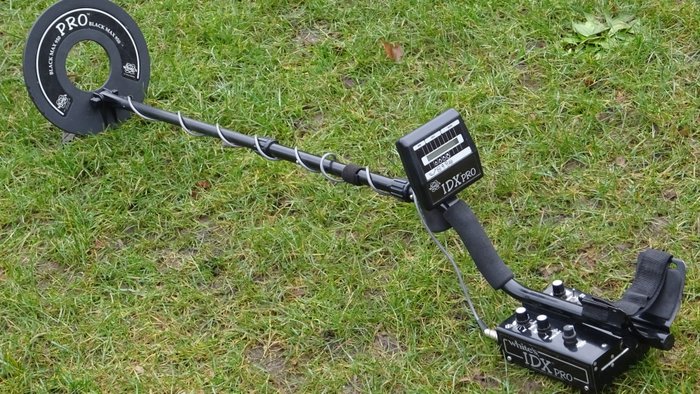

Having the capability to swap coils is very beneficial since hunt terrain and hunt type may require a larger or smaller coil. A good all around coil size for a competition hunt is eight to eleven inches. The detector depth capability should not be of primary concern since most targets are not going to be at a great depth. The most important metal detector attributes for a competition hunt are that the detector should have a very fast target response time, light weight, frequency shift capability, tone ID, narrowĭiscrimination notch adjustments and reasonable cost. So lets explore the important characteristic or attributes of a competition hunt detector.ĭetector Characteristics. We can probably agree that the most important piece of gear for a competition hunt is the metal detector. This is especially true if theĭetectorist goes to a high number of these competition events throughout the year. There are a number of important reasons to purchase a metal detector just for competition hunts since having a detector with specific attributes may be much more productive for the detectorist. In competition huntsĪ very high end detector model with many features and adjustments, instead keep the detector very simple. The metal detecting equipment used in competition events may not be the same as what is used for detecting on beaches, in parks and fields for coins, jewelry and relics.
Relic hunts which are focused toward recovering artifacts will not be covered in this article since they do require detectors with very good sensitivity, depth discrimination and many other important features.Įquipment. These type of competition hunts can be much more challenging. That leave no marks on the ground surface. There are clubs that have special tools to plant targets at one to five inches Target depth in a plowed field with no ground cover can vary from being on the surface to four inches deep and sometimes greater. The grass may be two to three inches long. In public parks the target depth is usually controlled by the length of the grass which conceals the target. The target depth at a saltwater dry sand beach can vary from one to three inches. A detectors depth - sensitivity is only important if you are a detectorist that swings their coil far above the surface of the ground during the hunt. The coin or token target depth can be slightlyĭifferent for the three hunt environments. The detecting environment in a competition hunts can consist of a saltwater beach, a public park grass area or an open plowed field, usually found on private lands. An open hunt is for any one who is willing to pay the entrance fees and follow the hunt rules.Ĭlosed Hunts: You must be a club member to participate in the hunt and be able to show a current club membership card at registration. Open Hunts: You need not be a club member to participate in the hunt. The detector along will not make the detectorist successful one must practice, practice and practice To be a fast detectorist takes detecting skill and a detector and equipment that matches the needs of a competition hunt. So keep in mind that every second counts and the fastest detectorist takes homes the greatest numbers of targets and These type of hunts usually have a theme for each hunt and are held for a specific period of time (45minutes to one hour.) To participate the detectorist must pre-register and pay a feeĪ competition hunt is just that, you are competing against the other detectorists on the hunt field. Opportunity to seek and recover the prizes. In a competition event rules are necessary so that all participants in the event have an equal The exception is a relic: they are usually held in open private terrain, thereĪre no pre-planted targets and can also be fee based.Ĭompetition: I Is the act of competing between individuals using one’s skill, ability and metal detector to seek a prize or prizes. The hunt events are fee based and will have pre-planted fields with coin and token targets. Parks, at ocean beaches and on privately held grounds. These competition metal detecting events are held in public Competition metal detecting is a term given to annual detecting hunts that are usually sponsored by a club or private individuals.





 0 kommentar(er)
0 kommentar(er)
